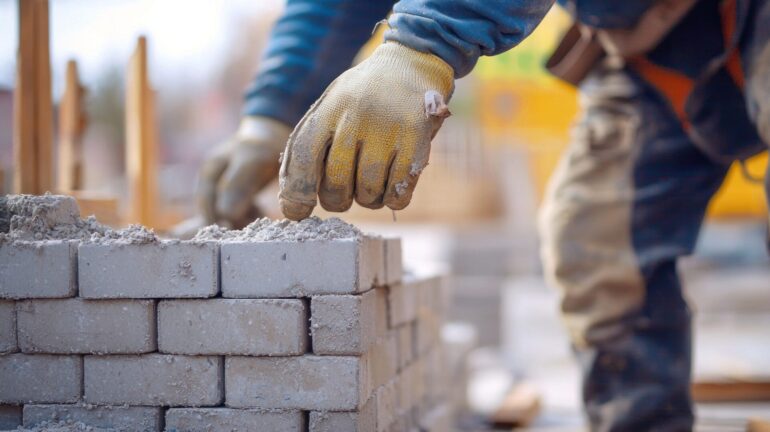The Government has brought in emergency measures to kickstart housebuilding in London, aiming to unlock tens of thousands of new homes.
The plans include a fast-tracked planning route for sites with at least 20% affordable housing, temporary levy relief for developers, and new powers for the Mayor of London to review and call-in housing schemes.
There is also £322m of initial funding for a City Hall Developer Investment Fund.
The Mayor will be able to fast-track larger housing schemes and developments over 1,000sqm on green belt land.
Some design rules will be relaxed, including flexibility on cycle storage and density, to help make sites more viable.
The new planning route will run until March 2028 or until the new London Plan is published.
Developers must start work promptly or face a gain-share review, meaning profits could be shared with boroughs for extra affordable homes if projects are delayed and the market improves.
Temporary relief from the Community Infrastructure Levy will be available for schemes providing at least 20% affordable housing, with extra help for those offering more.
The changes follow a period of stalled housebuilding in the capital, with over a third of boroughs reporting zero starts earlier this year due to high interest rates, construction costs, the pandemic and Brexit.
Housing Secretary Steve Reed, said: “Getting spades in the ground in London is crucial if we want to see the biggest increase in social and affordable housing and meet our target of delivering 1.5 million homes in our Plan for Change.
“I have worked closely with the Mayor of London to give the capital the shot-in-the-arm it needs to ensure more Londoners have an affordable home of their own.”
Mayor of London Sadiq Khan, said: “Affordable housing has always been a top priority for me as Mayor.
“We have started more new council homes in London than at any time since the 1970s and, prior to the pandemic, completed more new homes in London than any time since the 1930s.
“But there’s now a perfect storm facing housebuilding in London due to a combination of high interest rates, the rising cost of construction materials, the impact of the pandemic and ongoing consequences of Brexit.”
Khan added: “All of this means we are now in the midst of the most difficult period for housebuilding since the global financial crash.
“Urgent action is required, which is why I’ve been working with the government on this package of bold measures.
“I grew up in a council house, so I know the importance of social and affordable homes.”
He said: “I’m not willing to stand by while the supply of affordable housing for Londoners dries up.
“With these significant new powers and the initial £322 million of funding from the government – plus the short-term emergency action to get more investment flowing into affordable housing – I’m confident that we can kickstart housebuilding and deliver more of the affordable homes Londoners badly need.
“I will always do everything I can to accelerate the delivery of genuinely affordable homes as we continue to build a better, fairer London for everyone.”
Andy Roe, chair at the Building Safety Regulator, said: “After listening and learning, the regulator, with the support of MHCLG, has acted decisively to speed up its application processes for new high-rise residential buildings.
“We are already starting to see positive impacts and our continued focus on further improvements and engaging with applicants will ensure we can support essential construction, without compromising the safety standards needed to keep people safe in their homes.”
Daniel Austin, CEO at ASK Partners, said: “The proposed reduction of the affordable housing requirement to 20%, alongside a fast-tracked planning route, is a constructive step toward improving the viability of schemes in London.
“For many developers, however, even this lower threshold may not go far enough to make projects financially feasible given ongoing pressures from high construction costs, tighter debt markets and uncertain exit values.
“Easing planning constraints and providing temporary relief on levies will help get stalled sites moving, but the challenge extends beyond the supply side.”
Austin added: “The government must also do more to stimulate demand from potential buyers. Measures such as supporting first-time buyers, reforming stamp duty, and offering incentives for domestic purchasers to buy off-plan would help restore confidence and liquidity in the sales market.
“To truly unlock housing delivery, both developers and buyers need stronger incentives to act.
“Without addressing demand as well as supply, the capital risks continued under delivery despite well-intentioned reforms.”



